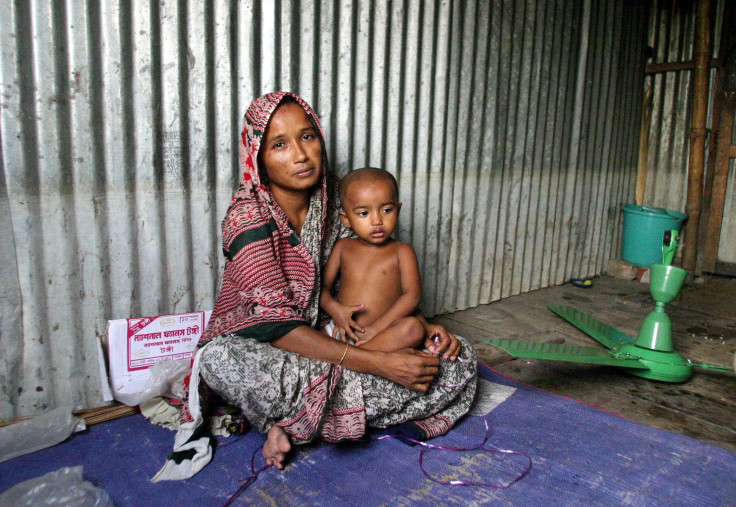‘Tired Of Poverty’: Illegal Kidney Trade Booming In Bangladesh

While Bangladesh struggles with its economy, illegal kidney trade is boosting the household income of some in the country.
Kalai district in Bangladesh has become known for being a top place for the illegal organ trade. Many in the district are "tired of poverty" and want to help their family by trading their kidney. The district has a number of donors who have turned into brokers to take commission for successful new recruits, according to police.
Local police Chief Sirajul Islam said 40 people had sold their kidneys in 2015 while the number is 200 since 2005. "Those who have sold kidneys have themselves turned brokers and agents and became part of this huge organ trade network," Islam told AFP. "These agents first target their families and relatives and then villagers."
Twelve more people, who are missing at the moment, are suspected to have crossed the border to have the operations in India.
Around 8 million people in Bangladesh deal with kidney problem, mostly caused by diabetes. Donating kidneys between legal relatives is the only legal option in the country while at least 2,000 people need kidney transplants every year.
The biggest market for illegal organ trade, however, is India. There is a multimillion-dollar black market which is ever-expanding. "If you have the money and want it fast, you come here. I will find you a donor and you can go home with a new kidney in a month," a broker told Al Jazeera.
The illegal surgeries started to be performed to India in 2011 after Bangladeshi police busted a racket involving nurses, clinics and doctors.
"This racket has a lot of influential people on their pay rolls," Bangladesh nephrologist Mustafizur Rahman said. "They can easily prepare all papers including fake passports and national identity cards in order to facilitate unlawful transplants."
© Copyright IBTimes 2024. All rights reserved.











